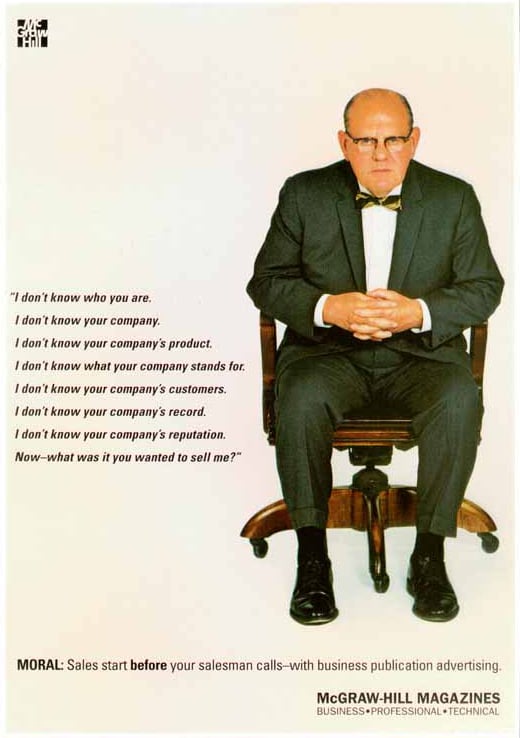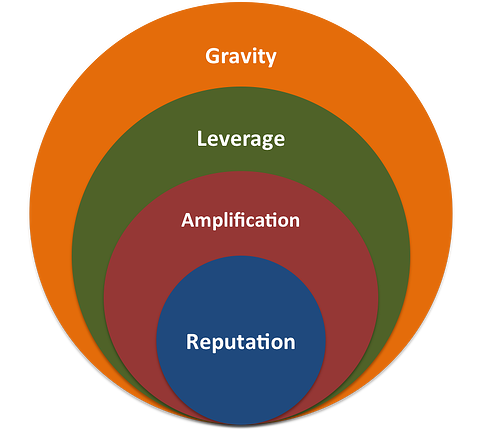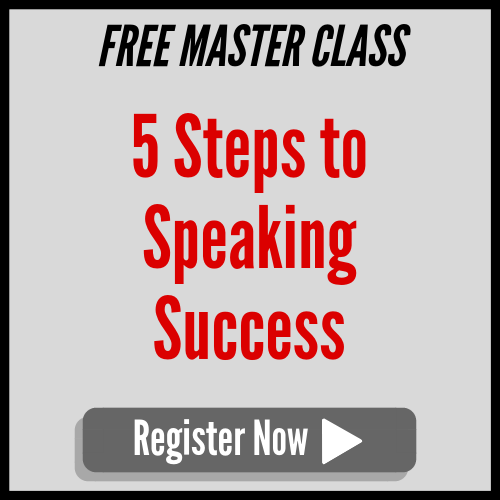 As a small business marketing speaker and small business marketing coach, I know you're probably wearing lots of different hats in your small business, and it's tough to keep all the areas of your business running smoothly all the time.
As a small business marketing speaker and small business marketing coach, I know you're probably wearing lots of different hats in your small business, and it's tough to keep all the areas of your business running smoothly all the time.
Think spinning plates or juggling balls. What's worse is that when time is tight, your least favorite tasks (often marketing and sales) get neglected, and your business suffers.
To keep your business running smoothly, don't rely on your memory or your never-ending to-do list.
You'll thrive or starve by three calendars: an Editorial calendar, a Marketing calendar, and a Sales calendar.
If you set up these calendars and then rely on them, your business will hum along, growing and thriving as you regularly accomplish all you need to.
Let's take a look at each of these three calendars to find out how they work their magic.
Editorial Calendar
As you know, content is king when it comes to today's inbound marketing environment. To get noticed and to be recognized as an authority in your industry, you've got to produce timely, quality content, and you've got to do it regularly. Set aside a time on your calendar for each of the following tasks:
Email Newsletter. An email newsletter lets you communicate with customers you've already tapped into. These customers will be your repeat business if you stay fresh on their minds. Quality email newsletters include articles and news that your customers can't get anywhere else like invitations to exclusive events, industry updates, valuable resources, and timely articles that offer real value.
Blog. An updated blog tells your customers that you're an authority in your industry, that you're with-it, and that you are responsive to their needs. One of the greatest benefits of a blog is that you can build a genuine two-way relationship with readers. They can comment and ask questions, and you can show your knowledge and responsiveness as you reply.
Offline Publications. Your internet presence is priceless, but don't discount offline publications. Articles in national trade publications, association magazines, industry journals and major newspapers may reach an entirely different audience than your blog and social media.
Guest Posts. Writing guest posts for outside blogs is a great way to reach more people and send more traffic back to your own website.
Article Marketing. Once you've written an article or paid a writer to write one for you, use it to your best advantage. Syndicate it so that it appears on many different websites, increasing your web presence and generating more traffic to your business website.
Marketing Calendar
Like your editorial calendar, your marketing calendar will ensure that important tasks are done on a regular basis, including your least favorite tasks. Make sure you have the following items on your marketing calendar:
Email. Nothing kills interest like unresponsiveness. If you don't respond quickly to emails, potential clients and customers will turn to someone who does respond quickly. Checking and responding to email should be on your marketing calendar every day.
Promotions and offers. Regular promotions and special offers keep you top-of-mind. Put your promotions on your marketing calendar, and use your editorial calendar to inform readers and customers about upcoming promotions.
Outreach. Put your business out in the community regularly by setting up booths at targeted trade shows or sponsoring events aimed squarely at your target market. Outreach may show up on your calendar much less frequently than other marketing tasks, and that's fine. But if it's on your calendar, you're much more likely to make the preparations necessary to participate in such events.
Web. Web marketing, whether it's paying for Google ads or finding appropriate blogs to comment on, takes some time, and it's very easy to push this task aside. Assign an hour or so each week to web marketing. Track your web marketing success over several months to see if you need to spend more time on it.
Sales Calendar
Developing and using a sales calendar will help you to stay on top of more personal tasks. Coordinate your sales efforts with your other calendars.
Calls. Set aside some time each day to make and return phone calls. If you work in an office, warn your co-workers that you'll be unavailable during this time.
In-person meetings. Even though phone and video conference work well for catching up, there's nothing like an in-person meeting for solving problems and getting on the same page. Put these meetings on your calendar as frequently as you think you need them.
Follow-ups and Decisions. Schedule a time for following up on leads and for collecting decisions from prospects you've had initial conversations with. By scheduling this time, prospects will meet your deadlines more often, and your sales funnel will operate more reliably.
It may seem intimidating to set these calendars up, but once you do, you'll find that you feel less stressed and more able to meet the demands of your day when you abide by them. With slots for each important task, you may even feel that you have more time for your favorite tasks - like running your business and serving your clients.
p.s. If you'd like some personalized help - and your very own customized marketing and sales toolkit PLUS an easy-to-implement small business marketing game plan with 1-on-1 guidance for 90 days, get all the details here.






 This email just came across my desk from marketing speaker and marketing coach Machen MacDonald...
This email just came across my desk from marketing speaker and marketing coach Machen MacDonald... As a speaker marketing expert and head honcho of an inbound marketing agency serving speakers, consultants, and thought-leading professionals, I often find myself with prospects who want to get involved in social media but - sadly - do not understand the intent, ideas, or influence factors that make social media an effective tactic in their overall marketing arsenal.
As a speaker marketing expert and head honcho of an inbound marketing agency serving speakers, consultants, and thought-leading professionals, I often find myself with prospects who want to get involved in social media but - sadly - do not understand the intent, ideas, or influence factors that make social media an effective tactic in their overall marketing arsenal.



